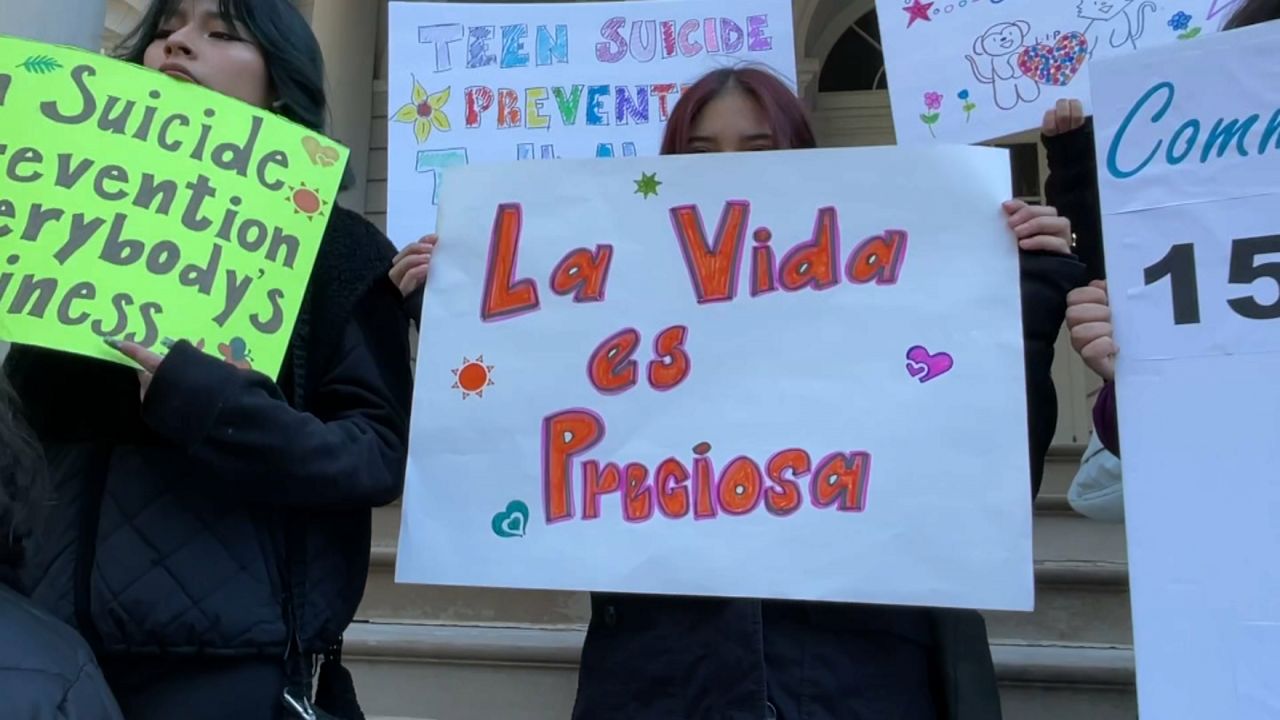Even after the government of Petr Fiala created the long-promised center for strategic communication, according to experts, the situation has not changed much. While in developed countries, public sector communication contracts make up 20 percent of the entire market, in the Czech Republic it is only one percent. In addition, the analysis showed that the number of orders placed fell by almost 16 percent last year. Still, the government claims to have communications under control.
Only after the Russian invasion of Ukraine and the associated wave of propaganda did the government of Petr Fiala create a team in charge of the state’s strategic communication. It has the task of conveying information to the public, preventing panic and not leaving the information space at the mercy of misinformers. However, in February of this year, she dismissed the head of the team, Michal Klíma, whom she appointed at the beginning of her efforts as the government commissioner for media and disinformation.
Although the center of strategic communication remained at the Government Office, experts criticized this move. The government recalled Klíma at a time when the center still had almost no results. This is also confirmed by the annual analysis of communication agencies, according to which last year the volume of tendered public contracts for communication fell by 43 percent and the number of awarded contracts by 16 percent. They now make up only 1.2 percent of the total communication market.
As a result, the Czech Republic is becoming more and more distant from the countries of Western Europe, where public expenditures normally make up twenty percent of the communication market. For example, in the first year of covid, Ireland spent 200 million crowns on communication with citizens.
“Of course, such a significant difference must show up somewhere. With this amount of investment in communication, the government can’t be surprised that it is unable to properly present and explain to people even partial changes in laws, let alone in societal issues such as inflation or the war in Ukraine,” he says Petra Jankovičová, president of the Association of Communication Agencies. According to her, the situation is then abused by disinformers, who are able to easily influence public opinion when the state communicates poorly.
“The attempts of the Babiš government were a tragedy”
The secret services have been warning against disinformation for a long time. This is false or misleading information that purposefully influences public opinion and causes distrust in the media, the political system or democracy. Research shows that a quarter of Czechs believe in them and few can recognize them. According to secret services and other experts, they are mainly used by Russia and China, for example in the form of false claims about the situation in Ukraine.
Not only for that reason, the creation of a strategic communication system in the Czech Republic was already set as a priority by the National Security Audit under the government of Bohuslav Sobotka in 2016. The attempts at digital communication by the former cabinet were a tragedy,” notes marketing communication expert Denisa Hejlová.
If the authorities learn to communicate better, they will support people’s trust in the state, which is important for managing disinformation. However, according to the director of the Public Relations Association, Marko Hlavica, the Czech Republic, regardless of what kind of government it has, underestimates strategic communication, refuses to finance it properly, and if it tries to do so, it does not control it. “Unfortunate examples from recent times are covid-19, the reduction in the valuation of pensions and the departure of government representative Michal Klíma,” says the expert.
However, the government says it has the situation under control. “A year ago, there was nothing here. We managed to get Mr. Klíma to start the strategic communication department. It is now issuing its communication recommendations. We have yet to decide on the next steps,” government spokesman Václav Smolka told Aktuálně.cz.
The ability to act is very limited, says the expert
However, Bohumil Kartous, the spokesman for the Czech Elves, who expose disinformation campaigns and Russian propaganda, fears that the central government will create something completely different than a functional department of strategic communication.
“The real capacity for action of the germ of the center at the Government Office is very limited, and its subordination to the press department, which is mainly in charge of the prime minister’s communications, actually goes against the spirit and principle of such a center, i.e. a politically independent entity. The results of the work so far are small and partial, even if I recorded them, we cannot speak of any tangible impact,” says Kartous.
Experts consider the fact that the number of orders whose value does not exceed two million crowns has increased significantly over the last year is an even bigger problem than low communication expenses.
According to the director of the presidium of the Association of Communication Agencies, Lucie Češpivová, this points to the fact that public institutions often choose short-term partial solutions instead of coordinated communication – and only when a problem arises that needs to be solved. “Unfortunately, it seems that instead of stabilizing the situation, it is gaining strength for this reason,” he explains.
Abroad, countries not only regularly invest in communication with citizens, but also have functional systems for this. For example, it has been operating in Great Britain since 2018, when the government there became suspicious that Russia was interfering in the referendum to leave the European Union. In response, professional organizations, both governmental and non-profit, emerged that placed communication on the same level as military, financial, and other means that can be used as a weapon in war. The British consider communication to be one of the main tools of politics, similar to the creation of laws.
Video: Roman Máca about the Czech disinformation scene
Analyst Roman Máca on the Czech disinformation scene | Video: Kristýna Pružinová, Jakub Zuzánek


